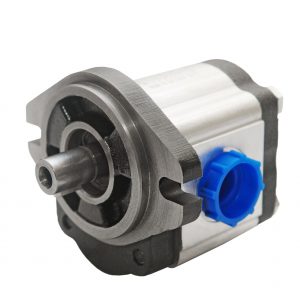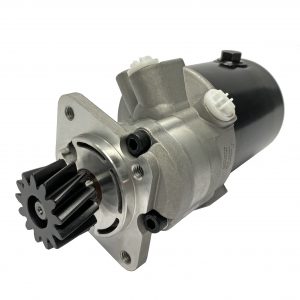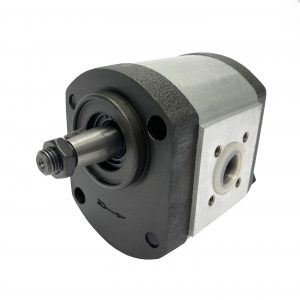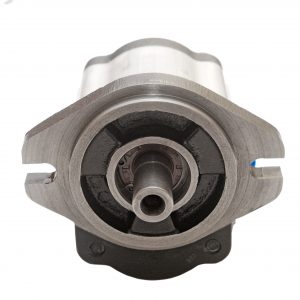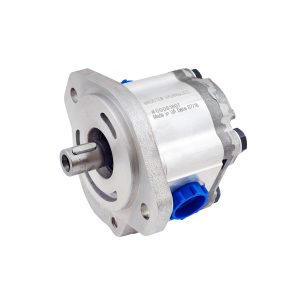Hydraulic systems help machines work, but sometimes they can have problems. This guide is here to help you fix those issues. We’ll talk about things like leaks, pressure troubles, and how to make sure everything works smoothly. From valves to electrical checks, we’ll cover the important topics to keep your hydraulic system in good shape.
Let’s learn how to make sure everything runs well!
- Identify Symptoms: Start by identifying any abnormal symptoms, such as fluid leaks, strange noises, or erratic movements in the hydraulic system. Pay attention to warning lights or alarms, if applicable.
- Check Fluid Levels: Verify that the hydraulic fluid levels are within the recommended range. Low fluid levels can lead to poor system performance.
- Inspect for Leaks: Examine the entire hydraulic system for visible leaks. Look closely at hoses, connections, and seals. Address any leaks promptly to prevent fluid loss and contamination.
- Check Fluid Condition: Assess the condition of the hydraulic fluid. Contaminated or degraded fluid can lead to malfunctions. If necessary, perform a fluid analysis or change the fluid.
- Review Pressure Levels: Use pressure gauges to check hydraulic pressure levels. Low or high pressure can indicate issues with pumps, valves, or relief mechanisms. Adjust or replace components as needed.
- Examine Actuators and Cylinders: Inspect hydraulic actuators and cylinders for signs of damage or wear. Check piston and rod seals for leaks and ensure proper alignment.
- Inspect Valves: Evaluate the performance of control valves. Check for blockages, sticking, or improper functioning. Clean or replace valves that are not operating correctly.
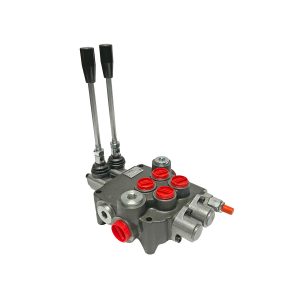
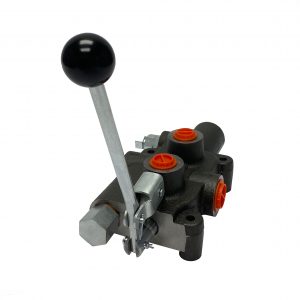
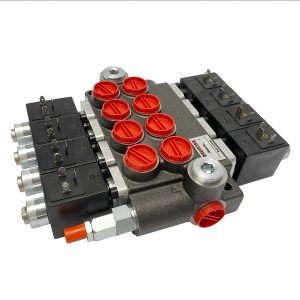 Hydraulic Control Valves
Hydraulic Control Valves - Check Pump Performance: Assess the hydraulic pump’s performance. Look for symptoms of cavitation, unusual noises, or insufficient fluid delivery. Repair or replace the pump if necessary
- Verify Electrical Components: Inspect electrical components, such as solenoids and sensors. Ensure proper wiring and connections. Test electrical signals and replace faulty components.
- Examine Filters: Check hydraulic filters for contamination. Replace clogged or dirty filters to maintain proper fluid cleanliness.
- Temperature Control: Monitor hydraulic fluid temperature. Overheating can lead to system damage. Ensure cooling systems are functioning correctly, and address any overheating issues.
- Check Seals and O-Rings: Inspect seals and O-rings for wear or damage. Replace any compromised seals to prevent leaks and maintain system integrity.
- Perform System Flushing: If contamination is suspected, perform a system flush to remove debris and contaminants from the hydraulic system.
- Test the System: After addressing identified issues, conduct functional tests on the hydraulic system to ensure proper operation. Test under various conditions to simulate real-world scenarios.
- Implement Preventive Maintenance: Establish a regular maintenance schedule to prevent future issues. Conduct routine inspections, fluid changes, and component checks to keep the hydraulic system in optimal condition.
If you have any additional questions or need help choosing hydraulic equipment for replacement, do not hesitate to contact Magister Hydraulics customer support.




